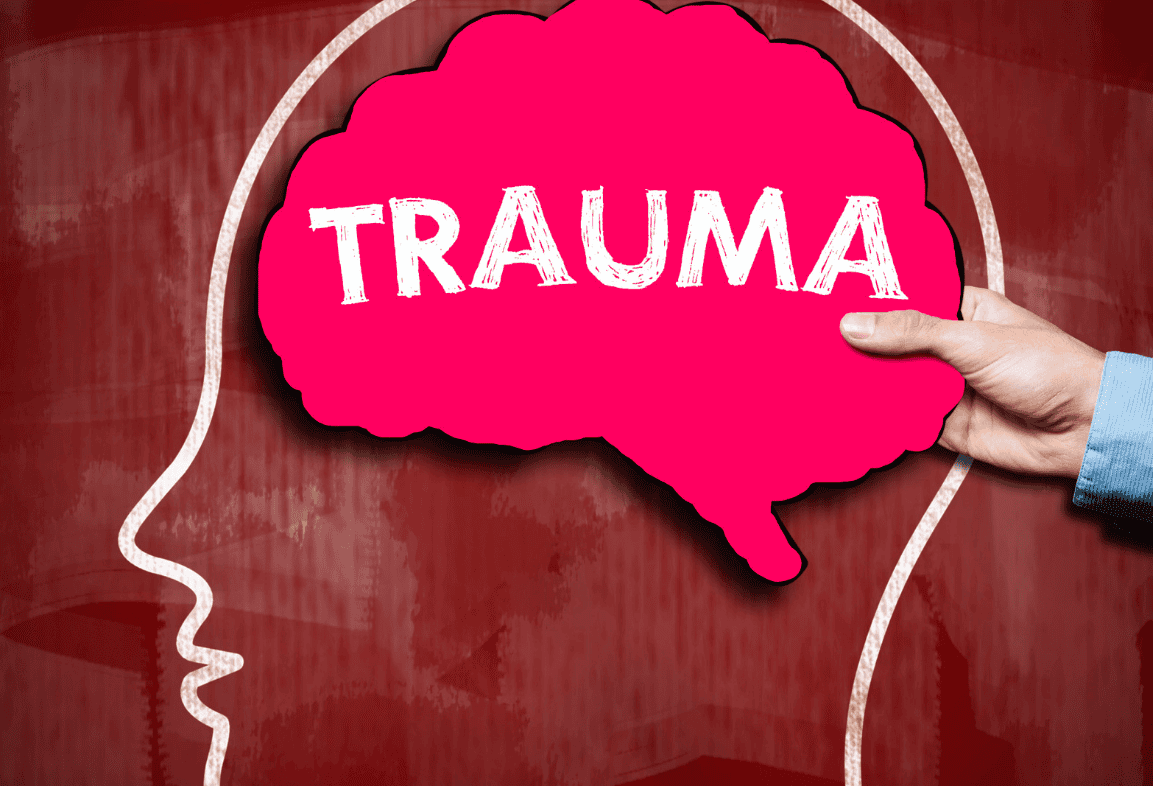Trauma can arise from a variety of distressing experiences that overwhelm an individual’s ability to cope. These experiences may include events such as natural disasters, serious accidents, acts of violence, or the sudden loss of a loved one.
Trauma can also stem from ongoing, persistent stressors like abuse, neglect, or chronic illness. The emotional and psychological impact of these events can leave lasting scars, manifesting in symptoms such as anxiety, depression, and post-traumatic stress disorder (PTSD).
Understanding the root causes of trauma is a crucial step in the healing process, empowering individuals to manage their symptoms and work toward recovery. Here are some tips to help you recover from a trauma.
Seek Professional Help
Reaching out for professional help is a vital step in the journey towards recovery from trauma. Mental health professionals, such as therapists and counselors, have the knowledge and expertise to guide individuals through their healing process.
They can provide a safe and supportive environment where individuals can explore their feelings, understand their trauma, and develop coping strategies. Therapy approaches, such as cognitive-behavioral therapy (CBT) and eye movement desensitization and reprocessing (EMDR), have been particularly effective in treating trauma-related conditions.
In addition to individual therapy, participating in group therapy sessions or support groups can offer a sense of community and shared understanding. Trauma recovery is often supported by connecting with others who have experienced similar challenges.
For those with severe trauma responses, they can consider a trauma rehab center that can offer a structured and intensive treatment program. The good thing about such centers is that they comprehensively address psychological, physical, and emotional symptoms.

Practice Self-Care
Trauma can leave individuals feeling drained and emotionally exhausted, making it challenging to take care of themselves. However, engaging in regular self-care activities can significantly reduce stress, alleviate symptoms of anxiety and depression, and foster resilience. To integrate self-care into your routine, consider the following steps:
- Establish a Routine: Set a consistent schedule that includes time for relaxation, hobbies, and physical activity.
- Prioritize Sleep: Ensure you get sufficient rest each night, aiming for 7-9 hours of quality sleep.
- Eat Nutritious Foods: Maintain a balanced diet rich in fruits, vegetables, and whole grains to nourish both body and mind.
- Practice Mindfulness: Engage in mindfulness exercises such as meditation or yoga to stay present and reduce stress.
Utilize Support Systems
As humans, we thrive on connection and support. When recovering from trauma, having a strong support system can make a significant difference. Family members and close friends can provide emotional support, a listening ear, and a sense of belonging that can help mitigate feelings of isolation and loneliness.
Sharing your experiences and emotions with trusted individuals can be incredibly therapeutic, fostering a sense of connection and understanding. It’s essential to clearly communicate your needs and boundaries, ensuring that your support system can provide the type of assistance most beneficial to you during your healing journey.
In addition to personal support networks, community, and online support groups can offer valuable connections with others who have faced similar challenges. These groups provide a platform to share experiences, exchange coping strategies, and offer mutual encouragement.
The wisdom and empathy in support groups can enhance your hope and provide tools for managing trauma-related symptoms. Whether through face-to-face meetings or virtual communities, the shared experience of working through trauma can be a powerful motivator and source of strength.
Practice Mindfulness and Gratitude
Trauma can cause individuals to feel disconnected from their emotions, bodies, and surroundings as they struggle to process the traumatic event. Mindfulness, which involves paying attention to thoughts, feelings, bodily sensations, and surroundings without judgment or trying to change them, can help individuals reconnect with their present experiences and reduce stress and anxiety.
Cultivating gratitude can also improve overall well-being and enhance resiliency in the face of trauma. This practice involves acknowledging and appreciating the positive aspects of life, even amidst challenging circumstances. Starting a gratitude journal or simply taking a few moments each day to reflect on what you are grateful for can significantly benefit your mental health.
Engage in Creative Expression
Engaging in creative expression can be a powerful tool for trauma recovery. Creative activities such as painting, drawing, writing, music, and dance allow individuals to process and communicate their emotions in a non-verbal and often more accessible way.
These forms of expression help externalize internal experiences, offering a safe outlet for processing complex feelings that might be difficult to articulate through words alone. Engaging in these activities promotes emotional release and stimulates areas of the brain involved in healing and recovery.
Creative expression aids in rebuilding control and self-efficacy often disrupted by trauma. Creating art or engaging in creativity offers a tangible sense of accomplishment and boosts self-esteem.
Group activities like art therapy or writing workshops foster social connections and supportive environments where individuals can share their work and experiences. This sharing can reduce isolation, build community, and encourage recovery through mutual understanding and shared expression, contributing to holistic healing.

Be Patient With Yourself
Recovering from trauma is a journey that takes time and patience. It’s crucial to remember that healing is not a linear process, and there will be ups and downs. Some days may feel easier, while others may be more challenging. Be kind to yourself and allow yourself to feel the full range of emotions without judgment or self-criticism.
It’s also essential to set realistic expectations for your recovery. Progress may not be immediate, but with consistency and determination, you will gradually find relief from trauma-related symptoms. Celebrate even small victories and continue to practice self-care, mindfulness, and gratitude as you navigate your healing journey.
Recovering from trauma is a multifaceted journey that requires time, effort, and support. Every individual’s path to healing is unique, and what works for one person may not be suitable for another. It’s essential to remain patient with yourself and seek resources and strategies that align with your personal needs and circumstances.
Embracing a holistic approach to recovery can empower you to rebuild resilience, find peace, and rediscover joy. Remember, the journey is not about erasing the past but learning to live fully and meaningfully despite what has happened.


